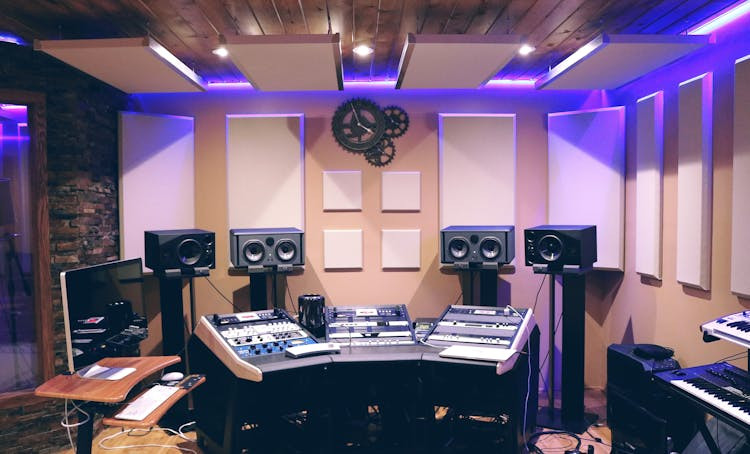We’ve all heard the word “producer” thrown around, but what does a music producer actually do?
The truth is, it’s much more than just hitting the record button or deciding if a track sounds good. A music producer is the creative director of a project — someone who helps the artist shape their vision and bring their music fully to life. Let’s break it down.
1. Managing Time and Budget (Without Going Crazy)
One of the producer’s key responsibilities is planning: building a realistic schedule, organizing studio sessions, and keeping everyone in the loop.
Then there’s the budget. The producer has to manage it carefully — deciding where to record, which musicians to hire, and whether to bring in an audio engineer. Many producers (myself included) often double as engineers, but when I need to focus on playing an instrument or guiding the session creatively, I prefer to have a dedicated engineer handle the tech side.
2. Shaping the Sound: From Demo to Record
A good producer takes a rough demo and turns it into a polished, professional track. How? By sitting down with the artist beforehand and figuring out the direction the song should take.
Artists often choose producers because they love their signature sound. Others go for experience and a proven track record. Some producers stick to one genre, while others — like many I know — move across different musical styles with ease. What matters most is knowing how to bring the best out of a song.
3. Arranging and Writing: One Hand on the Heart, One on the Pen
During pre-production, the producer may help refine the structure of a song — maybe cut a section, tweak a lyric, or even co-write something new.
They also decide which instruments to use, work out the arrangements, and track technical details like keys, tempos, and time signatures. Not every producer does this, but I like to keep everything organized with charts and lyrics — it keeps sessions running smoothly and efficiently.
4. Getting the Best Performances
Another big part of the job is managing the energy of the session. A producer needs to know how to motivate musicians, when to push for a better take, and when to move on.
Recently, I had to record 7 tracks in one day — in those situations, you’ve got to keep things moving. There’s only so much time, and it’s the producer’s job to keep everyone on track while maintaining the vibe in the room.
5. Knowing the Gear (Even If You're Not the Engineer)
Even when there’s an in-house engineer, a good producer should know their way around the gear. Microphones, compressors, preamps — this stuff matters.
You don’t need to be a tech wizard, but you should know how to make decisions with the engineer about what to use and how to use it, depending on the sound you're after.
In Conclusion...
A music producer is a blend of creative visionary, technical guide, and project manager. They're the bridge between the artist’s idea and the final mix that ends up in your headphones.
Behind every song that hits you in the gut, there’s usually a producer who helped turn a spark into something real.
✍️ Written by Andrew de La Foix
Music producer, audio engineer and founder of Audiolance.com, a platform for freelance music services worldwide.
Groove culture, soulful vibes, and a deep love for great-sounding music.

